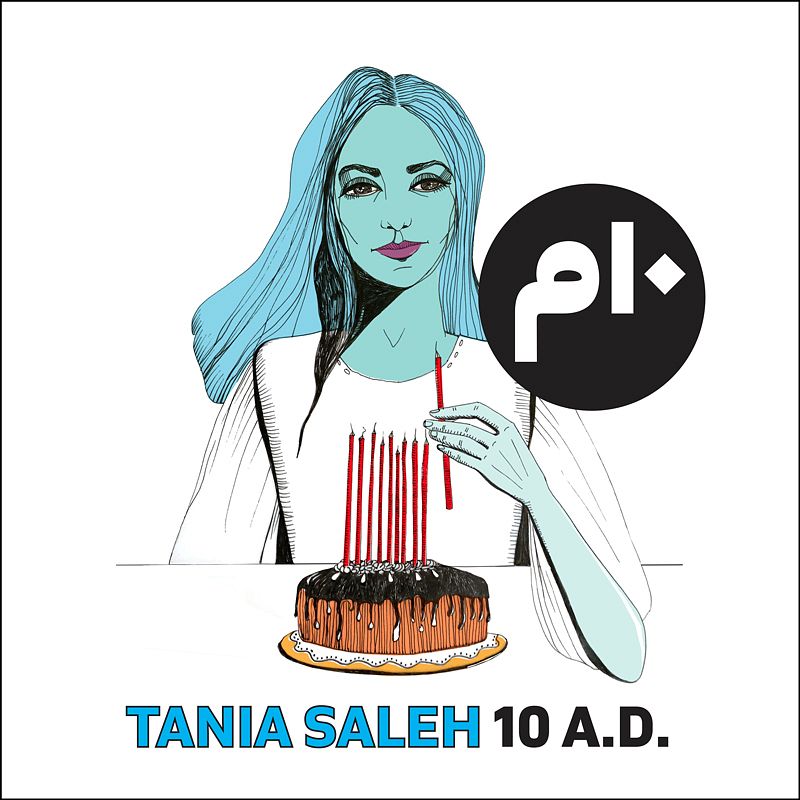
Lebanese artist and songwriter Tania Saleh's new album celebrates and explores the conditions for women from different angles, particularly the reality a divorced woman must deal with in a country such as Lebanon. The right to decide over one's own body, midlife crises, vanity, hyper consumerism, social pressure, addiction to the virtual world and the injustice of the patriarchal Middle East -these are all topics she dives into in her lyrics. All the melodies on the new album have also been written by her arranged by Dr. Edouard Torikian.
She calls the style of her new album "lndie Arabic ", Mediterranean melodies arranged for traditional Arabic instruments and a classical string quartet, all of this wrapped in an electronic soundscape somewhere between alternative rock and trip-hop.
Having started her collaboration with KKV in 2013, "10 A.D." is Tania Saleh's third release on the KKV label. This time, Øyvind Kristiansen has produced the music together with Tania, and the Norwegian contribution on the album is a string quartet from Oslo, in addition to Kristiansen's piano and programming. The other musicians are all from Egypt, where parts of the recording were made of Tania 's vocals and of such instruments as the oud, kanoon, trumpet, guitar, drums, double bass and Arabic percussion. The mixing has been done by Martin Abrahamsen at Rainbow studio.
As in other parts of the Arab world, women in Lebanon have minimal rights. Everything hinges on an individual's political and social connections and their tribal and religious backgrounds. Due to various taboo systems, control and expectations from the many groups in society, freedom of speech and religion, and the freedom to decide over one's love life are unthinkable for women. Tania's intention with her new album is to provide insight into how a divorced woman, as she herself is, tries to tackle life's challenges in the middle of such a world.
Tania finds that in Lebanon a woman is treated unfairly. She is underpaid in the labour market and discouraged to be too ambitious, too stubborn, too full of her own opinions or too demanding. There is no common civic personal law that guarantees equality between sects or genders, so she is left totally broken after a divorce. A divorced middle-aged woman has little chances to find a partner, she is too old for young men, too young for the old ones.
"I live in a world where inspiration abounds, but where there is no state support for culture," she says. "I have written many songs about the conditions we live under in Lebanon, in this divide between a nostalgic idea of a country we have heard about in songs, but which we have never owned, and our unquenchable thirst for the economic welfare and cultural openness we see in other countries. The result is that over time we are losing our sense of belonging to a country we can call our own."
Tania Saleh's new album has been supported by the Norwegian Ministry of Foreign Affairs.
Release: 26 February 2021
ARTICLES SIMILAIRES
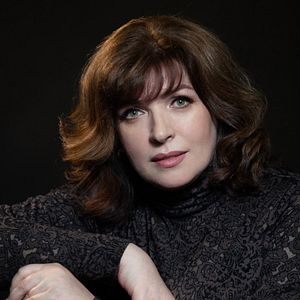
Petite messe solennelle de Rossini pour un grand concert réjouissant au Festival al Bustan
Gisèle Kayata Eid
20/03/2024

Laura Lahoud : « oui nous l’avons fait envers et contre tout »
Nelly Helou
20/03/2024
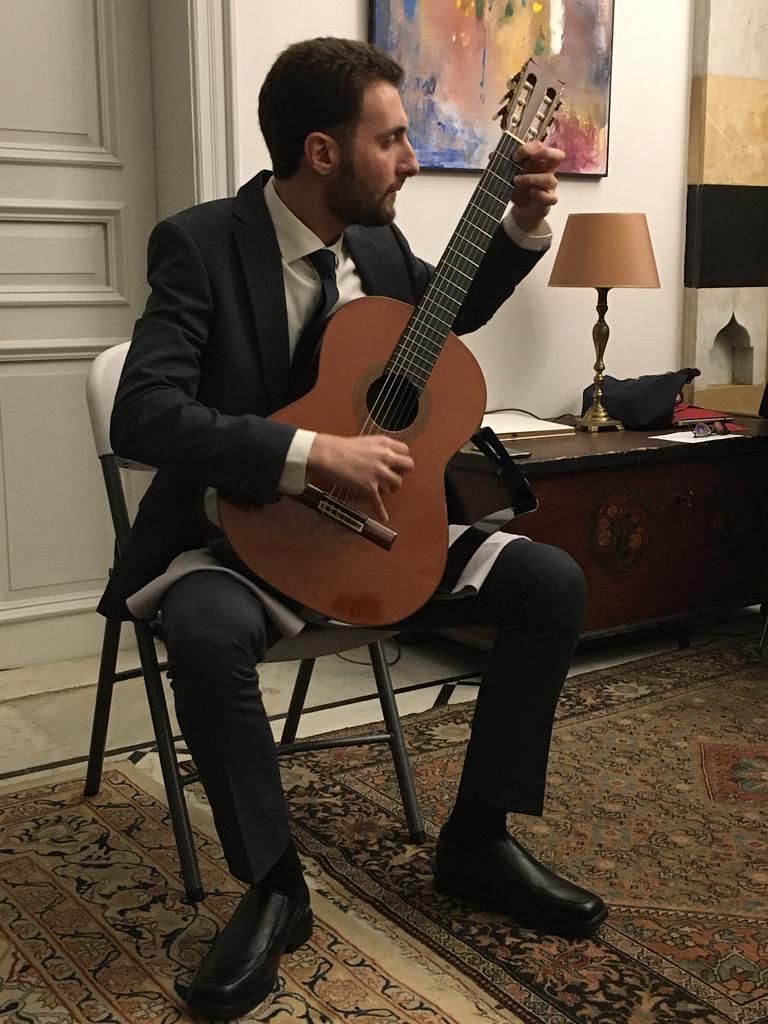
Riche saison hivernale à Beit Tabaris
Zeina Saleh Kayali
13/03/2024

Vernis Rouge : « Je suis fière de pouvoir représenter le Liban »
Garance Fontenette
07/03/2024
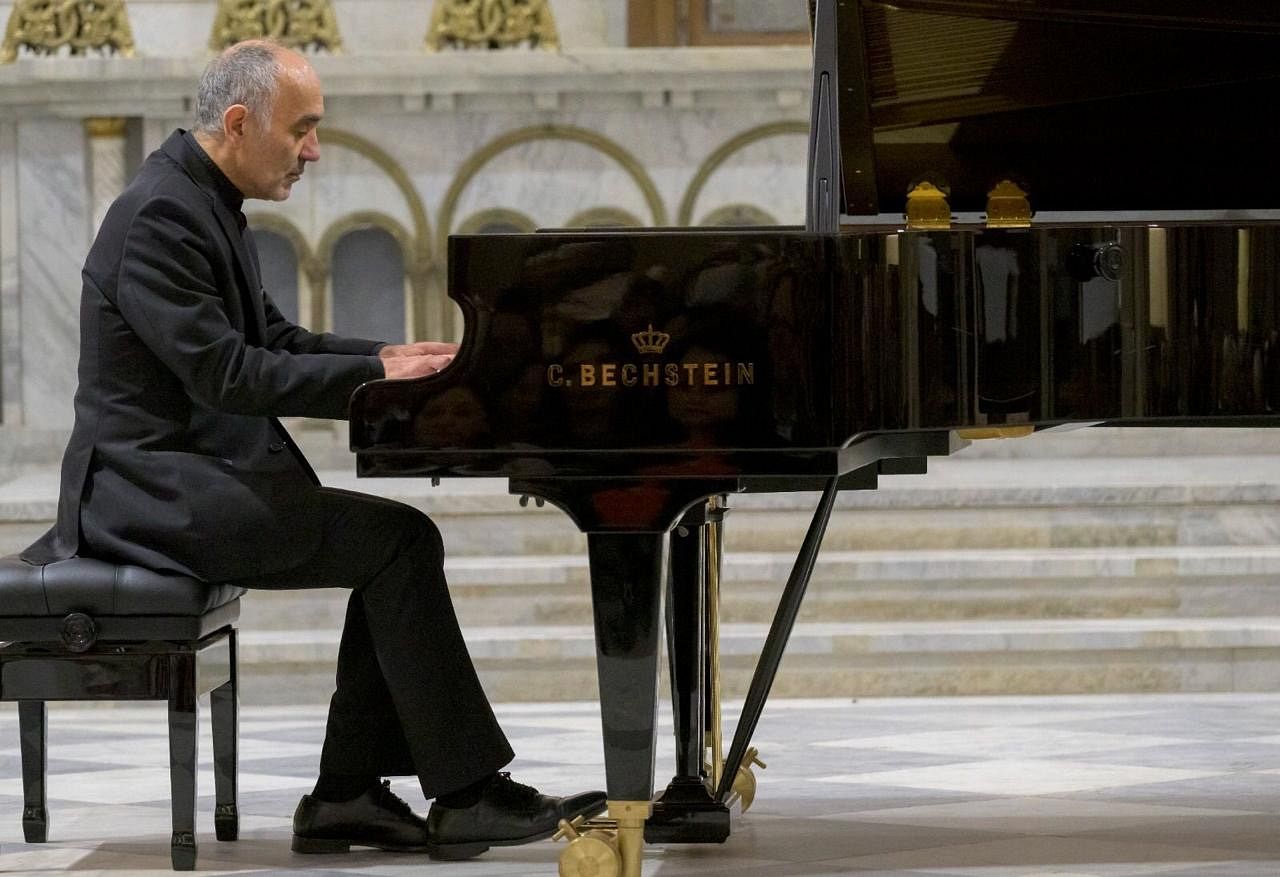
Abdel Rahman el Bacha en concert exceptionnel à Beyrouth
Gisèle Kayata Eid
03/03/2024
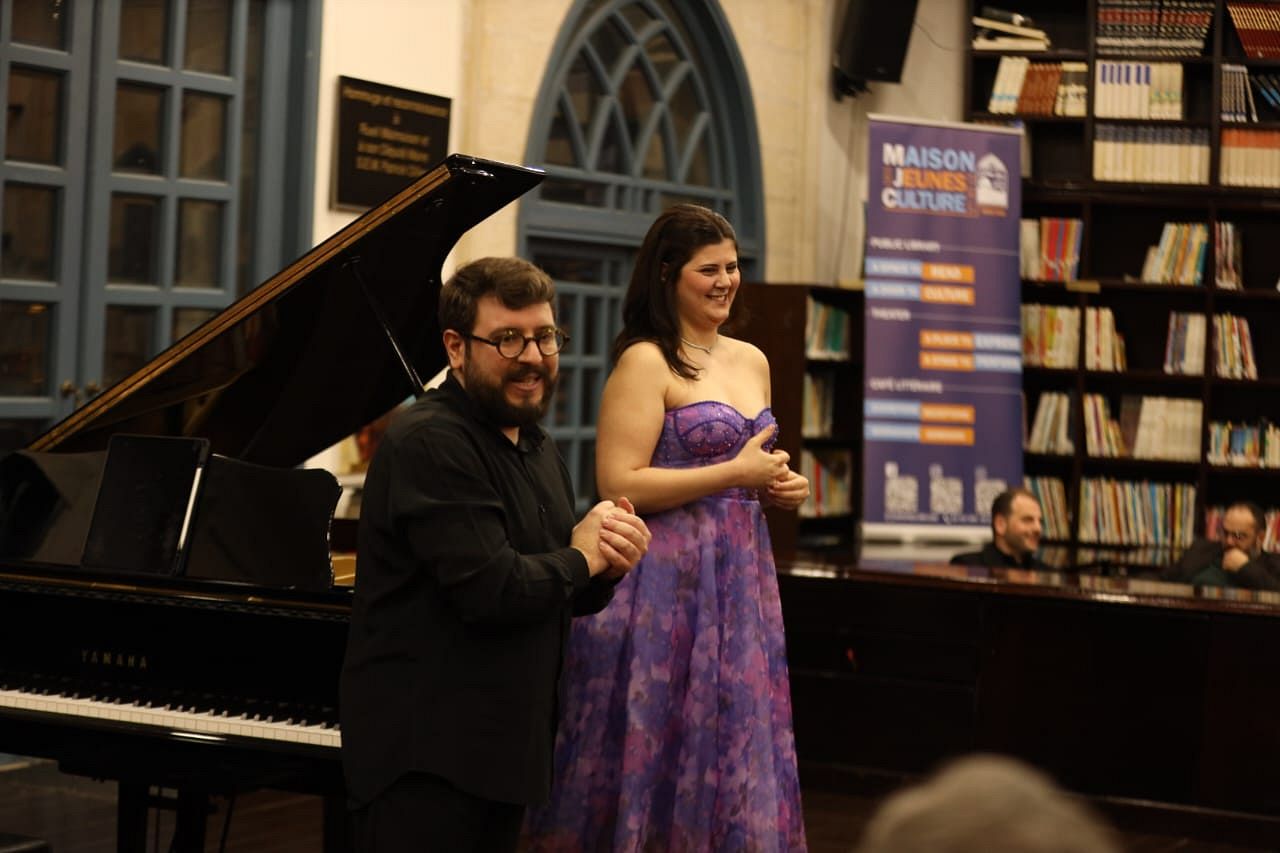
Mélodies françaises et libanaises par Marie-José Matar et Elie Sawma
Zeina Saleh Kayali
27/02/2024
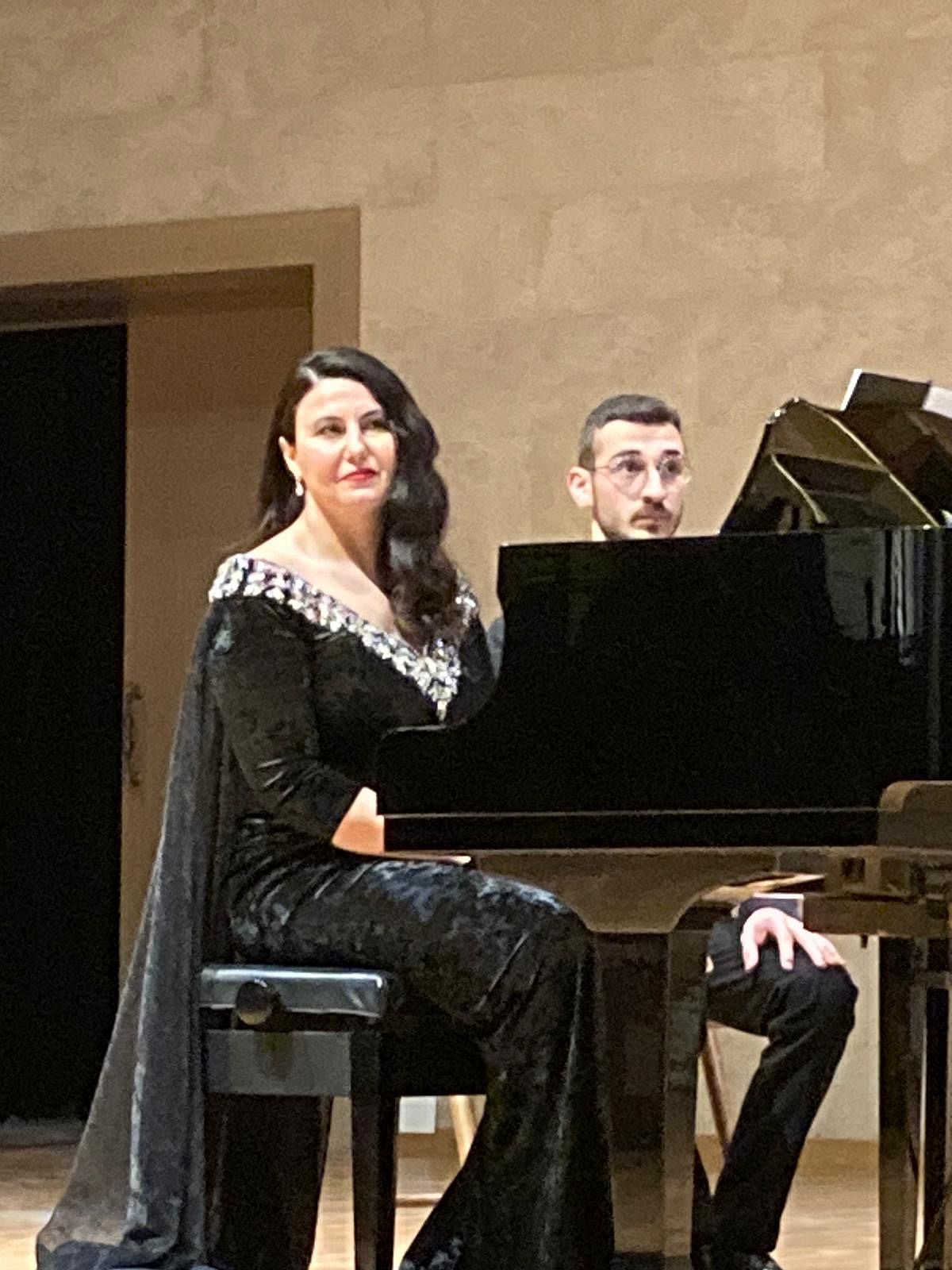
De Kaslik à Erevan avec Betty Salkhanian et Georges Daccache
Zeina Saleh Kayali
25/02/2024
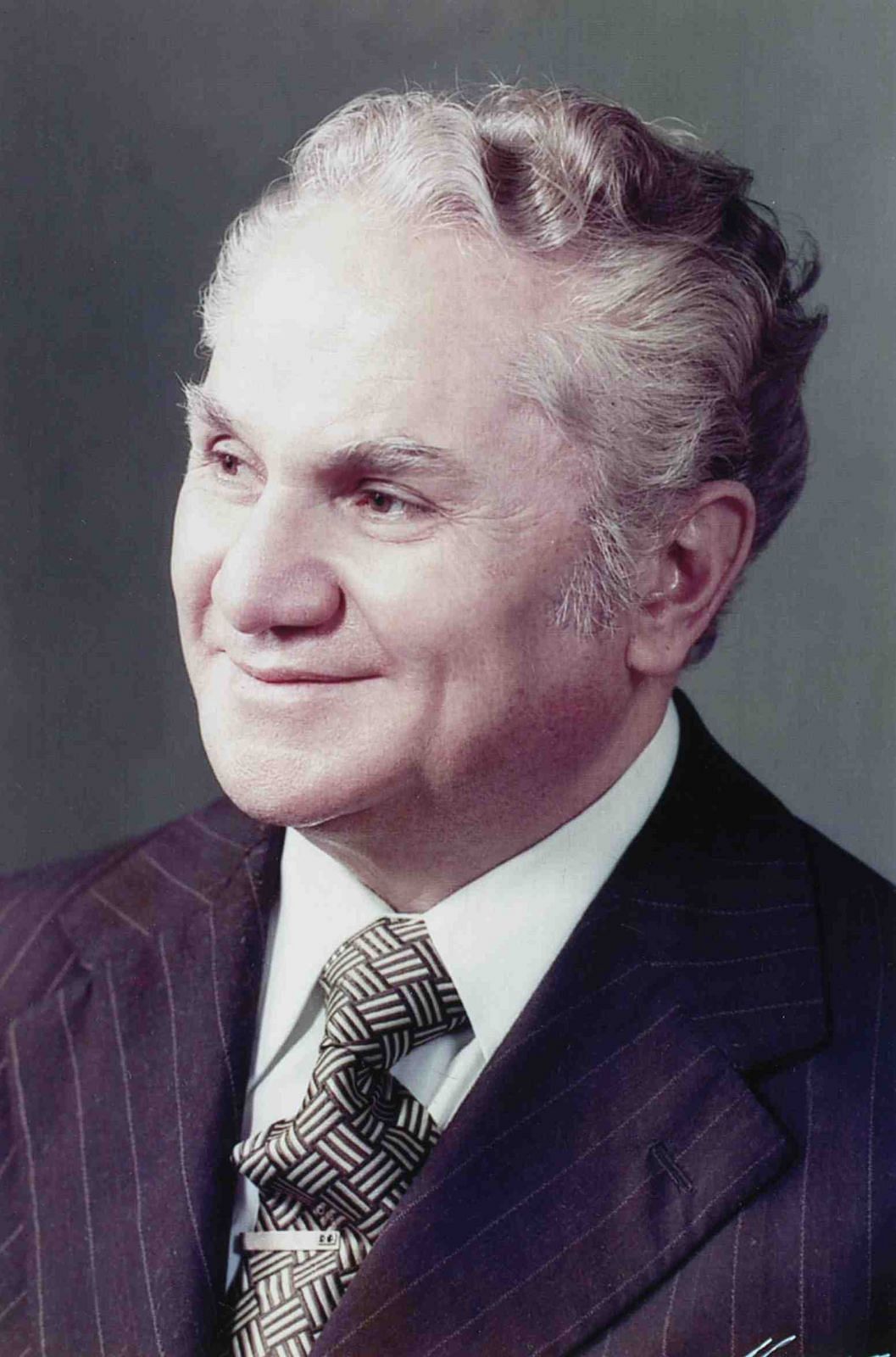
La musique : Un vecteur conducteur essentiel pour créer une véritable nation
Nelly Helou
20/02/2024
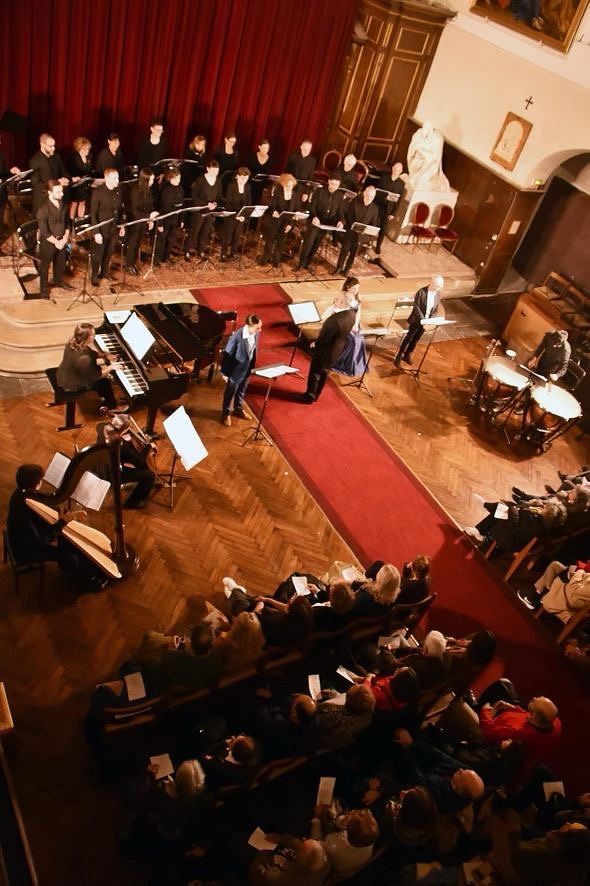
Orphée autrement avec La petite suite
Zeina Saleh Kayali
13/02/2024
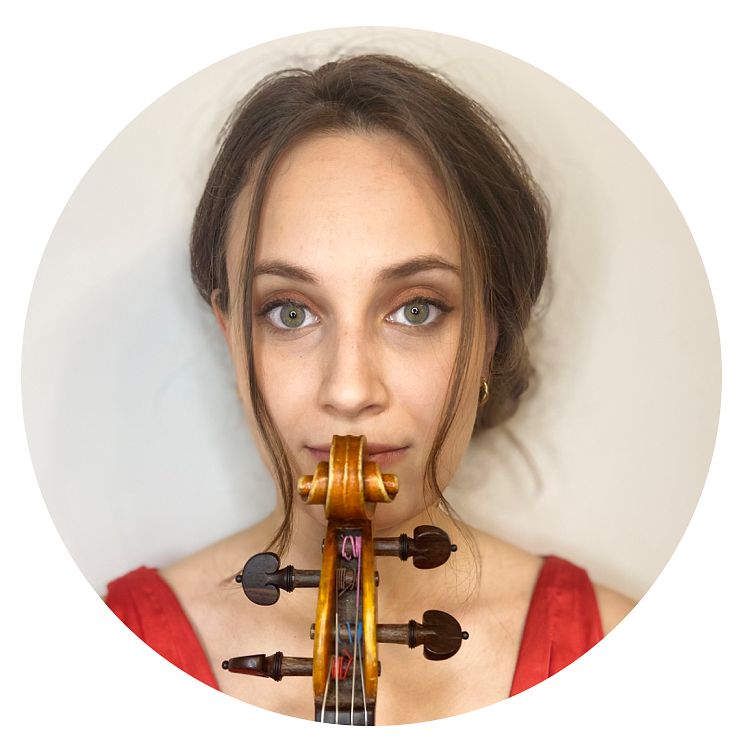
Noémie Chemali et l’Opus 961
Zeina Saleh Kayali
07/02/2024
